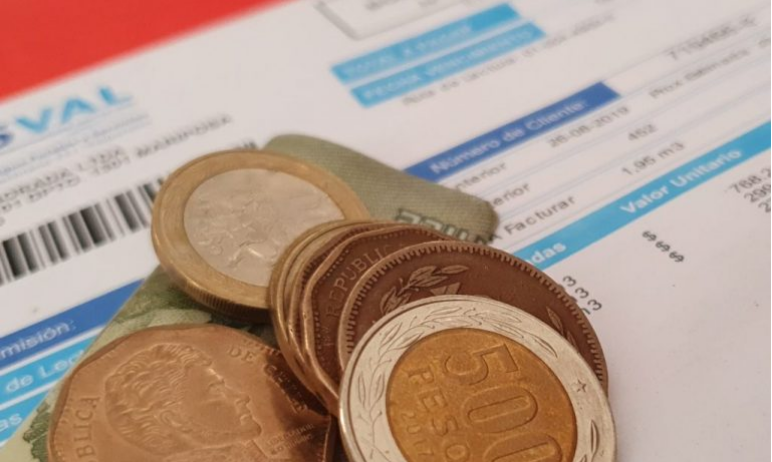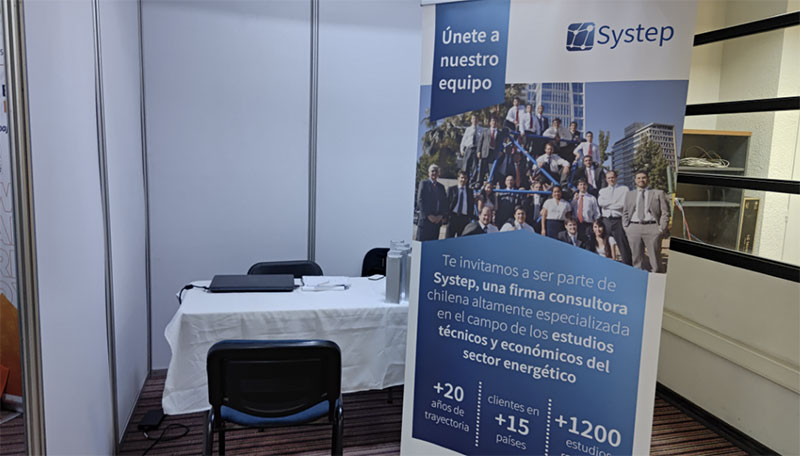
Source: Electricidad Magazine
According to the consulting firm, one of the main challenges is “how electricity distribution companies absorb delinquencies”.
The need for the authorities to study the advantages and disadvantages of the existing instruments to help the most vulnerable families in the payment of basic services, especially electricity, was raised by Systep Engineering in its monthly report on the electricity sector, where it recalls the availability of the “subsidy to the electricity bill that corresponds to a coupon that is deducted directly from the bill, which is delivered in the event of a 5% increase in the electricity bill in a period of 6 months”.
“Another different instrument is the one associated with the supply of drinking water, which directly covers up to 100% of the first 15 cubic meters of drinking water consumed. Thus, the authority should study the advantages and disadvantages of these and other possible instruments, in order to have a wide range of alternatives in the short/medium term, when consumers in arrears must begin to pay their bills and the stabilization fund runs out, always bearing in mind that electric companies depend on the efficient setting of tariffs to adequately provide their services”, the document states.
According to the consulting firm, one of the main challenges is “how electricity distribution companies absorb delinquencies”.
“With the decree that suspends the peak hour metering and the surcharge for additional winter energy (charge active only in June and July in 2021), the electricity distribution companies will not only be no longer receiving income at the cost of maintaining the supply in all households, but also, from incomplete tariffs (with respect to the level of remuneration established) by this measure, and therefore, are and will be receiving lower revenues than expected, which could generate incentives to delay/postpone medium-term investments that directly benefit the end customer (eg, investments to improve the quality of supply)”, it is explained.
According to the analysis, “this situation could further affect smaller distributors (cooperatives), which have less access to the capital market and are even more dependent on monthly charges”.





